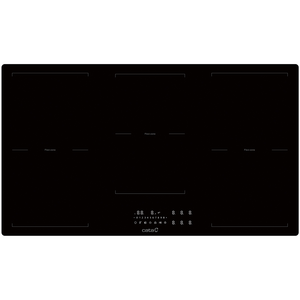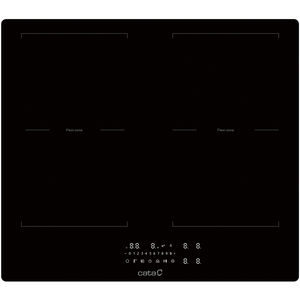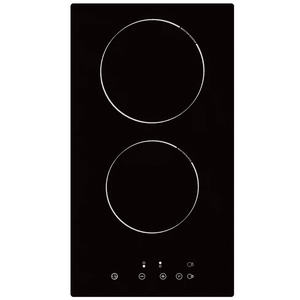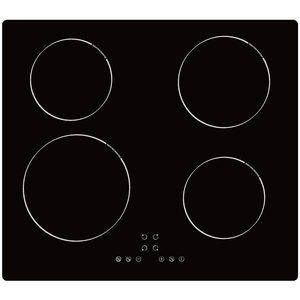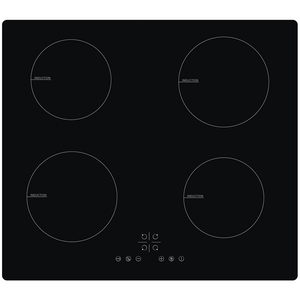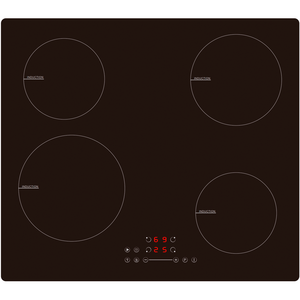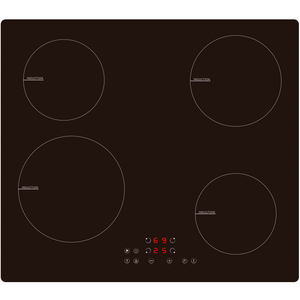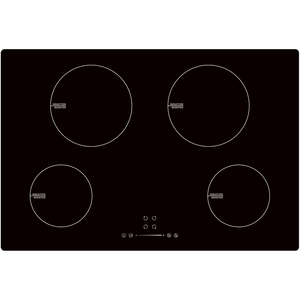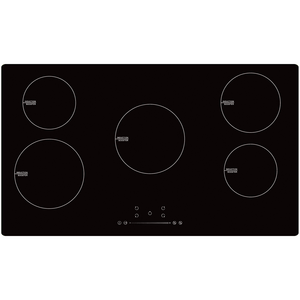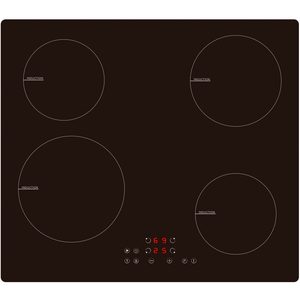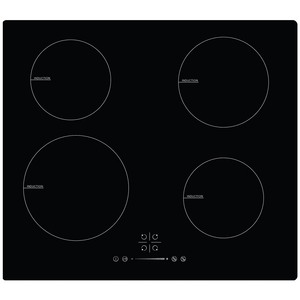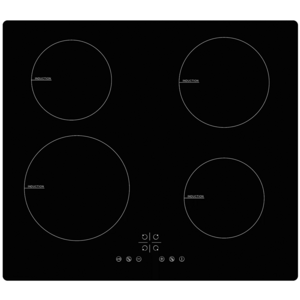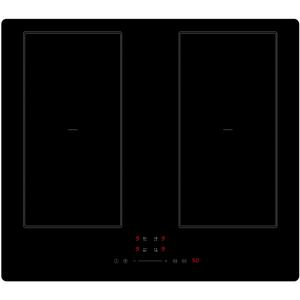Induction Hobs: Efficient, Precise & Modern Cooking Technology
Induction hobs provide a fast, efficient, and highly responsive cooking experience by using electromagnetic technology to heat cookware directly. Unlike traditional gas or electric hobs, they offer instant heat control, reduced energy waste, and enhanced safety by only activating when compatible cookware is detected.
Why Choose an Induction Hob?
- Energy Efficiency – Direct heat transfer minimises energy loss, making induction hobs more efficient than gas or ceramic alternatives.
- Precision Control – Instant temperature adjustments for accurate cooking results.
- Fast Heating – Rapid boil functions and power boost settings reduce cooking times.
- Easy Cleaning – A smooth, flat surface prevents spills from burning on, making maintenance effortless.
- Safety Features – Automatic pan detection, residual heat indicators, and child locks enhance safety in any kitchen.
Induction Hob Features & Specifications
Our induction hobs are designed for professional performance, with a range of technical features, including:
- Multiple cooking zones with flexible power settings
- Touch or slider controls for intuitive operation
- Built-in timers and automatic shut-off functions
- Frameless and bevelled-edge designs for seamless integration
Choosing the Right Induction Hob
Induction hobs are available in various sizes and configurations to suit different kitchen layouts, from compact 60cm models to larger multi-zone options. Whether for home or commercial use, these hobs deliver powerful performance with precise control.
Installation & Compatibility
Induction hobs require a suitable power supply and induction ready cookware, typically made from stainless steel or cast iron. Proper ventilation and electrical requirements should be considered during installation to ensure optimal performance.
Explore our range of induction hobs to find the perfect balance of efficiency, control, and modern design.
When choosing a hob for a kitchen, the decision often comes down to induction, gas, or ceramic. Each type has its own advantages depending on cooking preferences, budget, and kitchen setup. Below is a detailed comparison to help make an informed choice.
Pans That Work with Induction Hobs
Induction hobs require cookware with a magnetic base to function effectively. Not all pans are suitable, so it's important to know which materials will work. The table below provides a clear guide to compatible and non-compatible cookware for induction hobs.
| Pan Type | Works on Induction? | Details |
| Cast Iron | Yes | Highly magnetic, excellent heat retention, can be heavy. |
| Stainless Steel (Magnetic Base) | Yes | Works if the base is magnetic; check with a magnet. |
| Enamelled Cast Iron | Yes | Same benefits as cast iron, but easier to clean. |
| Carbon Steel | Yes | Lightweight alternative to cast iron, works well on induction. |
| Non-Stick (Induction-Compatible) | Yes | Only works if the pan has a magnetic stainless steel base. |
| Aluminium (Without Magnetic Base) | No | Pure aluminium is not magnetic, but some have induction-compatible bases. |
| Copper (Traditional) | No | Not magnetic, but some modern copper pans have induction bases. |
| Glass or Ceramic | No | No magnetic properties, will not heat on an induction hob. |
| Stainless Steel (High Nickel Content) | No | If the steel has too much nickel, it may not be magnetic. |
How to Check if a Pan Works on an Induction Hob
- Look for the Induction Symbol: A coil symbol on the base means it’s induction-compatible.
- Magnet Test: If a magnet sticks firmly to the base, the pan will work.
- Flat Base: Ensures good contact with the hob for even heating.
